Work That Builds Character: A Gentleman’s Foundation
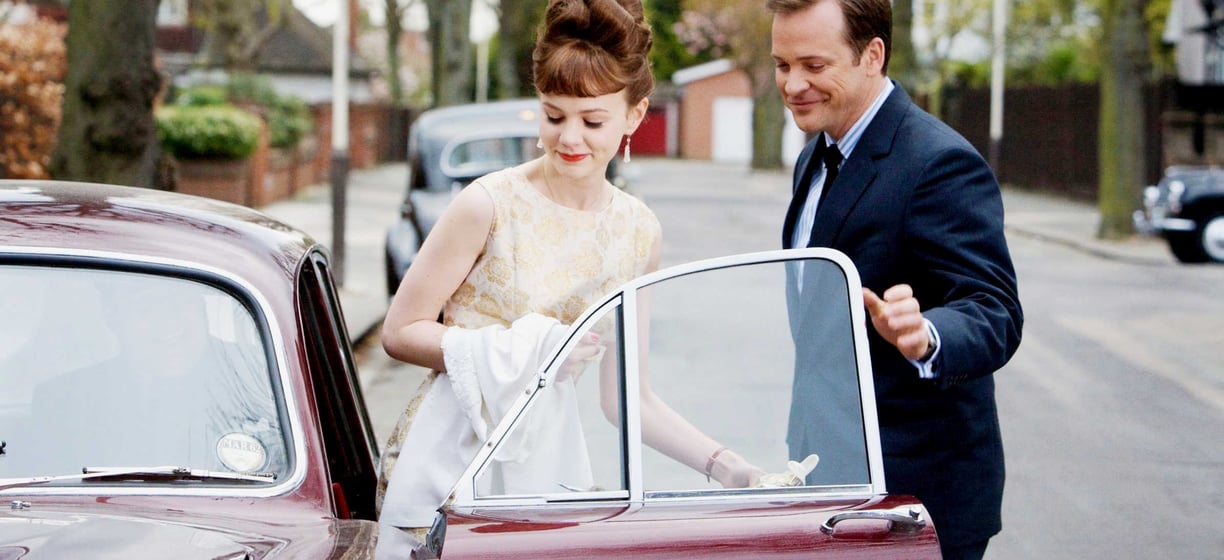

Work That Builds Character: A Gentleman’s Foundation
Most people think being a gentleman is about grooming, clothing, maybe a bit of charm. That’s surface-level.
Words: Roberto Udegbunam
The real foundation runs deeper: attention, restraint, listening, service, patience, respect for others, for time, for space. These are behaviours shaped over time, and often, they’re first learned at work.
Not just any work. The jobs that teach you how to hold the door, stand without slouching, speak without interrupting, those are usually the ones people overlook. They’re rarely flashy, but they put you in the habit of noticing others. They make you aware of your timing, your presence, your tone. In short, they shape the kind of man others feel safe around, and quietly respect.
Waiting tables forces you to care. Not perform, but actually care. You’re scanning for needs, empty glasses, discomfort, silence. Every action needs to be precise and calm. You move with urgency, but you don’t rush. You speak clearly, never loudly. You smile, but you don’t flatter.
It teaches you to read a room, stay calm under pressure, carry yourself with quiet competence. Long after leaving the job, you find yourself tuned into what people need before they say it. You move with a kind of self-restraint. You learn to serve without showing off.
The Waiter


The Tailor (or the man in menswear)
Menswear teaches proportion, posture, and presence. You spend your day measuring, adjusting, correcting. Fit isn’t about trend, it’s about understanding form. And when a man dresses with care, everything shifts, posture, voice, how he enters a room.
When you work in that space, the habits stick. You carry yourself with precision. You understand the power of simplicity and consistency. You don’t overdress, you dress right. You learn that care in your appearance is just another form of respect.
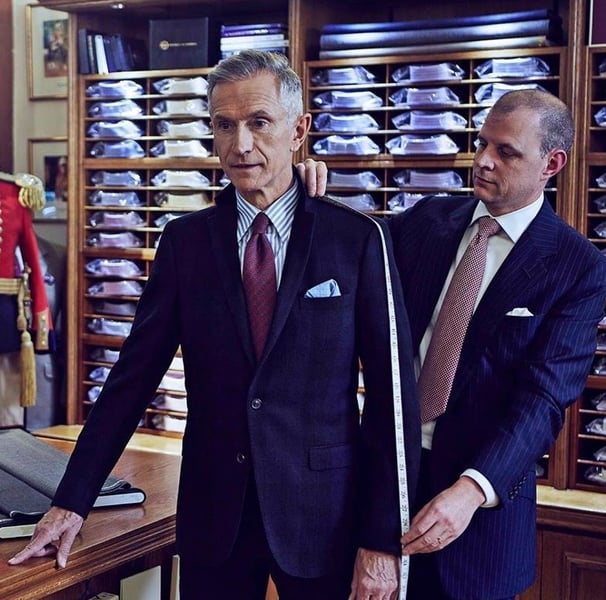

The Concierge
There’s an art to being present without taking up space. A good concierge does this effortlessly. They anticipate a question before it’s spoken, offer solutions before there’s a problem, and make you feel seen without being watched. It’s service as choreography, measured steps, calibrated tone, perfect timing.
To work in this space is to develop restraint. You learn to read hierarchy, mood, urgency. You adapt without needing recognition. This kind of behaviour, measured, composed, respectful becomes second nature. And it spills into your life. You hold doors, not because you’re showing off, but because it’s the rhythm you’re used to. You don’t need attention to feel secure.
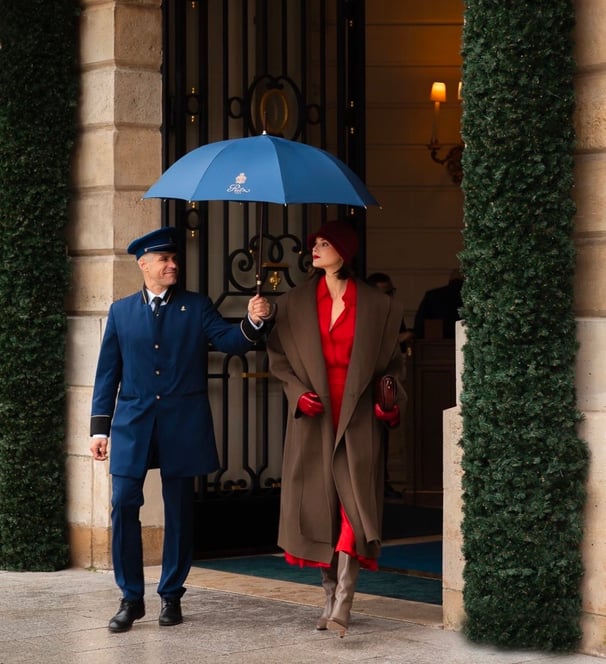

The Barber
The best barbers never rush. They listen with their hands and with their silence. They build trust over time, not through talk, but through consistency. Being in that environment, or being that barber, teaches you how to slow down. How to care for detail. How to respect rituals that other people have stopped paying attention to.
You learn how grooming is less about appearance and more about dignity. You learn to touch with care, to ask questions and actually listen to the answer. In a world that rewards speed and noise, the barbershop becomes a study in steadiness. And that steadiness follows you out of the shop and into the rest of your life.
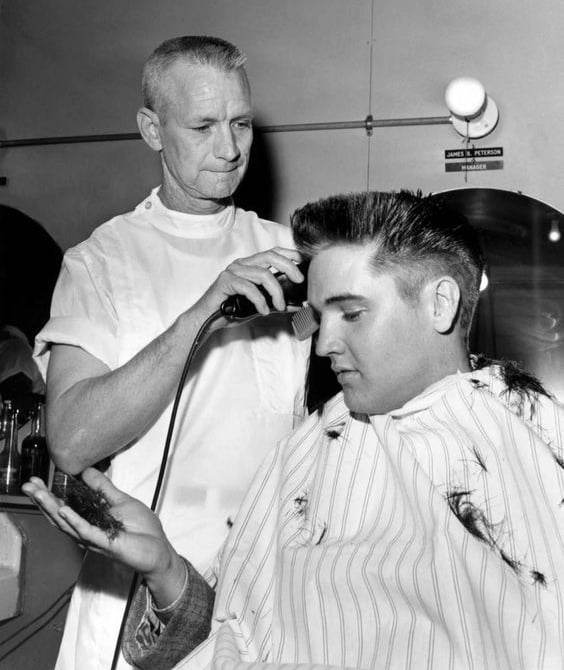

The Driver
Driving someone else especially when it’s your job, means surrendering control of the conversation, the pace, and often the recognition. You’re there to make someone else’s movement easier, smoother, quieter. The best drivers are invisible. But they’re alert. They know when to speak and when not to. When to take the longer route because the client needs a moment. When to stay silent because silence is the better service.
That mindset trains more than punctuality. It builds patience. It sharpens spatial awareness of time, space, and people. You begin to move through life with a sense of timing, knowing when to wait, when to act, when to hold your line. It’s one of the most understated but powerful traits in a gentleman: the ability to be responsive without being reactive.


“You can easily judge the character of a man by how he treats those who can do nothing for him.”
— Johann Wolfgang von Goethe
Credit: Endgame Entertainment
The Bartender


You learn that every room has a pulse, and your job is to match it, manage it, and keep it from spilling over. A good bartender keeps the mood light, the drinks right, the guests in line without ever looking like they’re doing much at all.
That skill translates to social life. You learn how to host. How to welcome people without overpowering them. How to carry conversation, or hold silence, or shut down a drunk without starting a scene. These aren’t party tricks. They’re the traits of someone others trust to take the lead without making everything about themselves.




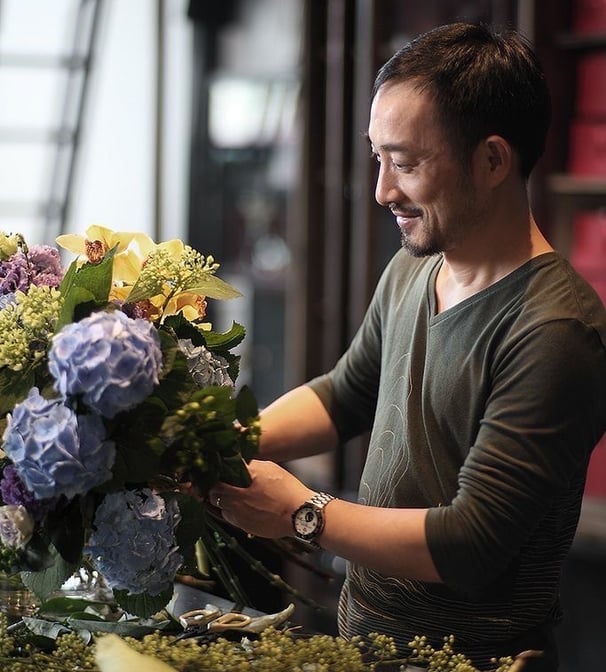

Military life runs on routine and respect. You iron your shirt because discipline starts there. You speak clearly because unclear speech gets people hurt. You show up early because other people’s time matters. These habits aren’t there to impress. They’re there to build trust.
Even after service, the habits stay. You walk straighter. You listen longer. You speak less, but with more weight. People notice, not because you tell them, but because it’s in your presence. Gentlemanly behaviour, in this context, isn’t a personality trait. It’s muscle memory. And it’s earned.
The Teacher
Teaching, especially young people, strips away performance. You can’t fake patience or posture in front of a classroom, they see right through it. You learn to earn attention, not demand it. You learn the weight of your words, your tone, your stance. Every part of you is communicating, whether you mean to or not.
A teacher doesn’t just share knowledge. They model behavior. And when you’ve had to guide, correct, and support others without losing composure, it carries over. You know how to stand firm without shouting. How to hold authority without insecurity. These are leadership habits. But more than that, they’re gentleman habits grounded in respect, stability, and care for those around you.
The Soldier
The Florist or Artisan
Working with your hands, especially in something fragile or detailed, teaches you restraint. You can’t rush an arrangement or force a material to behave. You have to work with it. Understand its limits. Respect its process.
These are soft skills, but they’re not weak. They train your sense of beauty, balance, and sensitivity, traits that modern culture often tells men to avoid. But they matter. A man who has worked with flowers or wood or leather knows how to be gentle without being soft. He knows that care and confidence aren’t opposites, they’re partners.
Being a gentleman isn’t an act you turn on for dinner parties or dates. It’s not a style, it’s a set of habits. Many of those habits are built in jobs most people overlook. Not because the roles are glamorous, but because they require service, awareness, and control.
If you’ve worked in one of these roles, you’ve already had the training. You’ve already learned to observe before acting, to put others at ease, to carry yourself with care. The only question now is whether you recognise it and whether you’re still using it.

